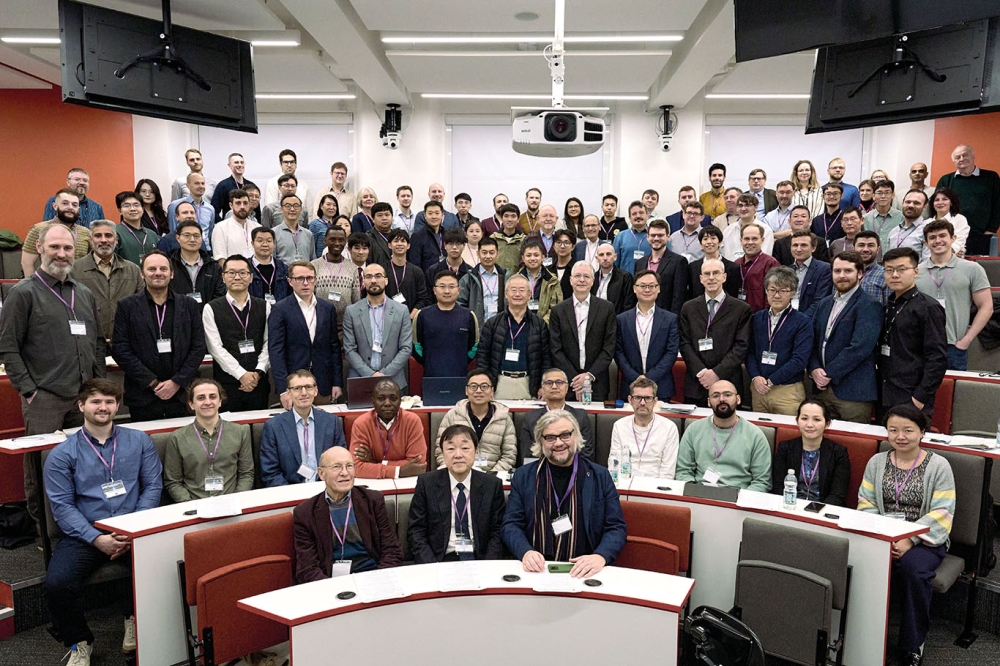VCs stake $10m on silicon rival to GaAs amps
by Andy Extance
Acco has attracted $10 million in a first round of funding intended to develop what it claims is a “major breakthrough in power amplifier design”.
The French semiconductor designer says it has made enhancements to conventional silicon CMOS, specifically for use in PAs, claiming improved breakdown voltage, gain and linearity performance.
Acco gained $5 million for the concept behind its MASMOS technology, which derives its name from the company s founder and CTO Denis Masliah, and $5 million when it produced working prototypes.
Jamie Urquhart has been appointed as interim CEO through his position as a partner at Pond Venture Partners, who provided the funding in conjunction with Partech International and Siparex Ventures.
From here, the company plans to sample PAs at the beginning of 2008, and have products in handsets by the following year.
Its present devices have breakdown voltages above 14 V at 0.5 GHz, in comparison to 2-3 V in conventional CMOS.
“One of the issues with CMOS was being limited by breakdown voltage on what you can do and how you can use it,” explained Masliah.
Room to maneuver with the breakdown voltage then provides Acco with the ability to design its PAs to match and eventually better the linearity of GaAs, Masliah believes.
“When you think about audio amplifiers "“ they re very linear,” he explained. “They're CMOS based but they're made differently, so you can imagine that you could do something like that.”
Masliah set up Acco in 1994 and the company has designed RFICs in many collaborations since, the kind of experience which has enabled it to select, in his words, “a very reputable foundry” to develop MASMOS with.
Likewise, as the company decides whether to take its PAs all the way to the handset itself or to partner with companies that have good module technology, it already has its foot in the door in several of the right places.
Acco is focused squarely on pitching MASMOS up against GaAs in the 3G handset market, hoping eventually to exploit the opportunities for integration unavailable to III-V technologies.
In the nearer term, Acco recognises that just proving its technology will be a big challenge, but still believes that it could grab itself 3-5 percent of its key markets, beginning with PAs for WEDGE (W-CDMA/EDGE) handsets.
“That doesn t stop us going after other markets, but you have to pick one horse to start,” Masliah explained.
“The proof is going to be the products that come out, but we're very happy about what we see for the moment.
“Our technology is capable of making a big difference.”
Author
Andy Extance is a reporter at compoundsemiconductor.net.































